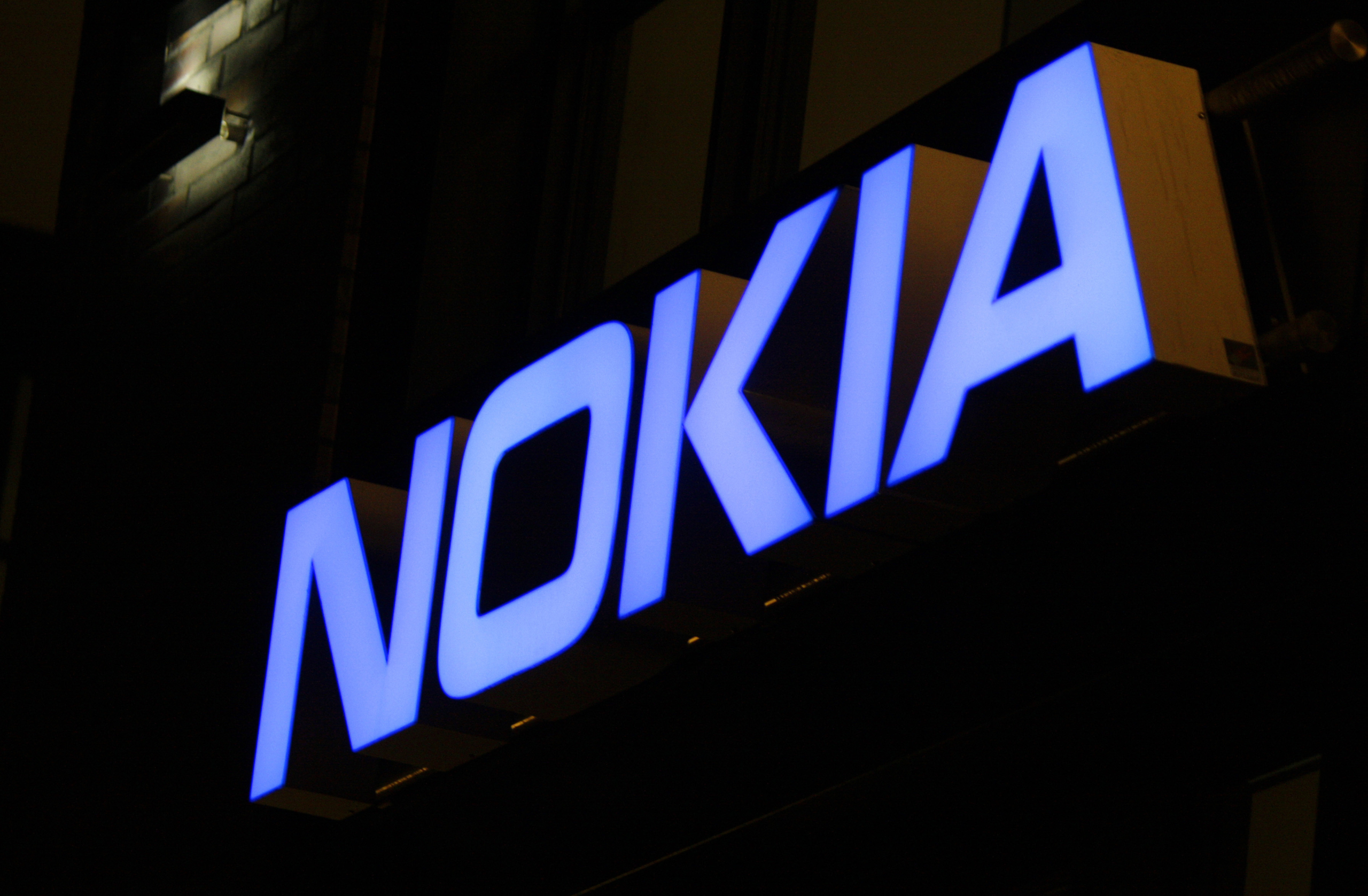Getting to Know Nokia (NOK)

International communications services companies in Europe, Japan, Scandinavia, and Canada have become an important part of Clean Yield portfolios over the last several years. Now we’re adding a leading manufacturer of the equipment they buy, Nokia. Nokia was once the global leader in cellphones (remember the first flip phones?), but the introduction of smartphones—the iPhone in particular—changed everything for Nokia. In 2014, Nokia sold its cellphone business to Microsoft and acquired telecom equipment leader Alcatel/Lucent. Nokia is now a global leader in the manufacture of wireless communications infrastructure equipment and software. The acquisition included Bell Labs and its research prowess, along with 20,000 patent families. The strength of Bell Labs is critical to the company’s long-term position. As the wireless communications industry moves from fourth-generation to fifth-generation technology, Nokia’s products are well positioned.
The investment appeal of Nokia is based on positive change. New management is focused on cash generation, increasing software sales, and expanding sales to major business enterprises, while decreasing the company’s reliance on selling hardware to the major communications service providers such as Verizon.
Nokia’s financial condition is excellent. The balance sheet has net cash, and despite depressed earnings, cash flow is substantial.
The stock’s valuation is compelling, which reflects low investor expectations. The valuation discount is substantial relative to Nokia’s history and relative to the technology sector. Nokia seems to offer an excellent risk/return tradeoff.
In addition to having an attractive valuation, Nokia also has a strong environmental and social profile. The company has set a science-based climate target (in line with the Paris Agreement and a 1.5C scenario) and is working to reduce the climate impact of its customers by designing more-efficient networks and offering net-zero products. It is committed to gender equity, though it has a ways to go, with women representing only 22% of the workforce. It has a steering committee aimed at improving gender equity and reports that in 2019 it closed its gender pay gap.
Human rights, specifically freedom of information and privacy, are key issues for telecommunications companies. Nokia builds networks but does not operate them and therefore does not interface with governments around efforts to shut down networks. Nonetheless, it still has several measures in place to mitigate the risk of its networks being used to stymie human rights.
Nokia is a leading player in the shift from fourth-generation (4G) to fifth-generation (5G) networks. Some have raised concerns about safety risks associated with 5G networks. Clean Yield reviewed the research on 5G safety and feels comfortable with the shift to 5G, based on the information currently available, but we will keep an eye out for new research going forward.
More News & Insights
A New Kind of Meat
Through Clean Yield’s U.S. Sustainable Investment Forum membership, Liz Levy attended a meeting to gain insights on the emerging cultivated meat industry.
Stock Profile: SoFi Technologies
SoFi Technologies, originally named Social Finance, Inc., by its founders, contributes positively to financial inclusion and social well-being by expanding access to affordable financial services through its digital-first platform.
Quarterly Market Outlook: January 2026
As we enter Q1 2026, Clean Yield’s Liz Levy provides a review of what happened in Q4 2025, what we are watching this coming quarter, and how we are positioning our clients for success.


